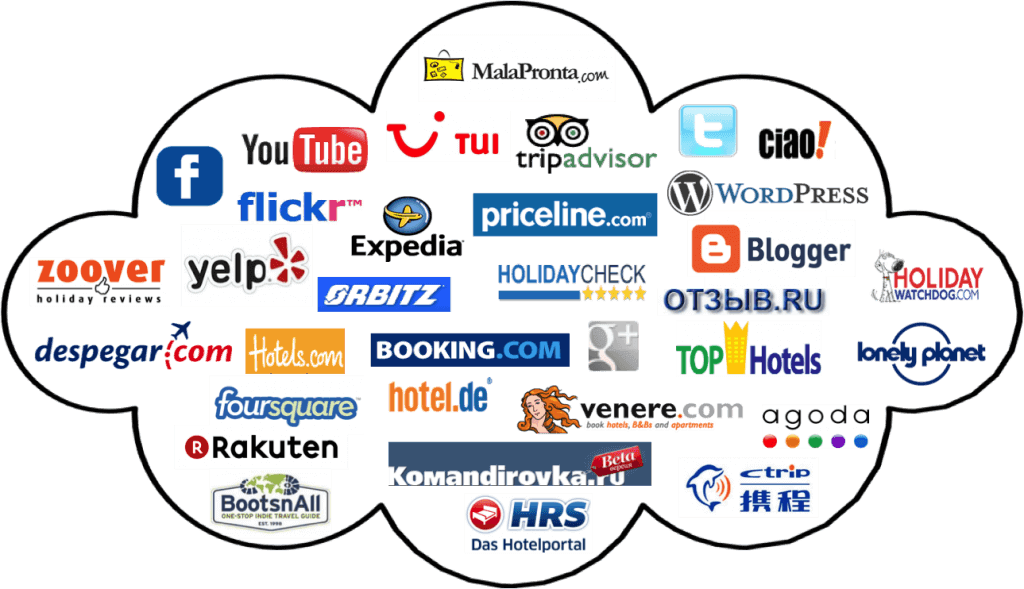
Google has appeared more aggressive in the travel space lately, inserting itself into the competition between hotels and online travel agencies for primacy among consumers searching for a room. The search engine was a dominant topic of conversation among OTA executives at last month’s Phocuswright Conference.
The contest between Google and OTAs might intensify further in the future, depending on whether Google wants to become a full-fledged OTA. However, for hotels the underlying dynamics of distribution have not changed all that much.
Hoteliers still are best served trying to drive more customers to book directly with them. That’s been the theme of major advertising campaigns from Marriott, Hilton, Hyatt and others in 2016. Direct bookings generally have more favorable costs of acquisition and thus better profit margins, but no hotel can get 100 percent of its rooms filled through its call center and website directly.
For every hotel’s significant portion of business that comes indirectly, the property must choose where it makes sense to partner with an OTA, a search player like Google, or metasearch brands like Trivago or TripAdvisor.
With Google and, to a lesser extent, Facebook emerging as new forces in hotel distribution, owners and brands will have more options among companies that are simultaneously collaborating and competing with one another to add value to the services they provide to travelers.
Google is making a push to sign up more partners for its Hotel Ads service, and given the recent stats Google has shared about its gains in search traffic, lodging companies and hotel owners might be wise to investigate it.
According to Google, 58 percent of leisure travelers and 68 percent of business travelers begin their travel bookings with an online search every time. Hotel-related searches on Google increased 25 percent year-over-year in July 2016, compared with the same month a year earlier.
Read rest of the article at Lodging



